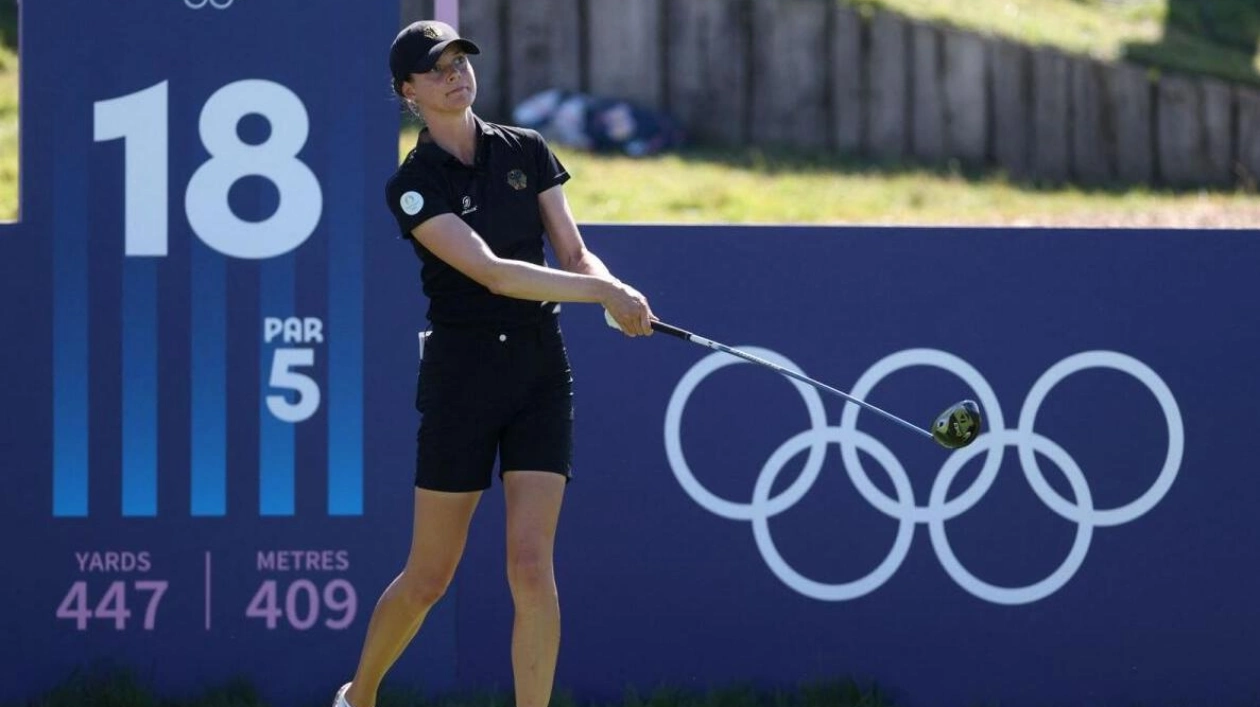First and foremost, heartfelt congratulations to everyone engaged in the golf events at the 2024 Olympics in France. The outstanding performances by medalists Scottie Scheffler (USA) and Lydia Ko (New Zealand) have been truly inspiring. Their achievements have enriched the annals of golf at the Olympics, not only demonstrating their personal prowess but also underscoring the sport's universal appeal and competitive fervor. It appears that golf has now been firmly established as a prestigious Olympic sport, with participation seen as a coveted milestone for all golfers—a dream to win medals in a unique setting, not driven by monetary rewards and occurring only once every four years.
The heightened interest from golf enthusiasts and, crucially, from broader sports audiences, along with extensive media coverage, suggests that golf's Olympic presence could grow even stronger. The journey to reinstate golf in the Olympics, starting with the Rio Games in 2016, was a long and arduous one. However, could the sport become even more captivating if it introduced varied formats, including mixed and team competitions, as some suggest? Tennis, which closely mirrors golf in the Olympic context, features five medal events. Why shouldn't golf follow suit? Currently, tennis offers 15 medals across Men's and Women's Singles, Doubles, and Mixed Doubles, while golf offers only six medals for Men's and Women's events.
Golf's Olympic format spans four days of competition over two weeks, including practice days, with 60 players in each of the Men's and Women's categories. There seems to be no compelling reason why Men's and Women's competitions couldn't be held simultaneously. The golf event at Le Golf National surpassed all expectations, largely due to the exceptional Albatros Course, designed by Hubert Chesneau and Robert Von Hagge and opened in 1990. This course, almost singular in its minimal need for grandstands, has a natural stadium feel, especially the final holes. It has successfully hosted numerous high-profile events, including the 2018 Ryder Cup and the Open de France, and will also stage the $3.25 million FedEx Open de France later this year.
The Olympic platform and its ability to attract new audiences are undoubtedly beneficial for golf. The specifics of the qualification system for the 2028 Olympics remain to be determined, but the current Official World Golf Ranking system seems inequitable. Selection processes are never entirely fair, as exemplified by the case of Juist Luiten from the Netherlands. It may be the responsibility of individual Golf Federations to select their national teams. Potential qualifying events could include designated tournaments or mini-Order of Merits across various golf tours, fostering sustained interest in Olympic golf over multiple years.
Why limit golf to the traditional 72-hole stroke play format at the Olympics? Perhaps a shift to 36 holes with different formats could be considered. As golf and the Olympics continue to advocate for equality, inclusivity, and sustainability, expanding their fan base, it's certainly a conversation worth having. We eagerly anticipate the developments for the 2028 Olympics at the Riviera Club in Los Angeles.






